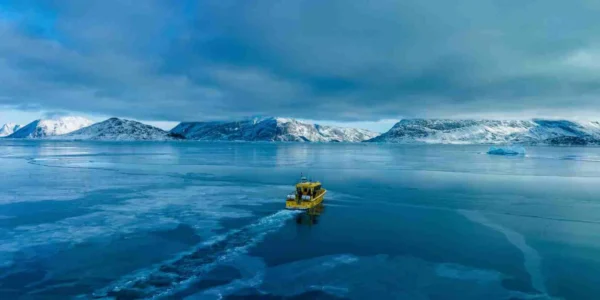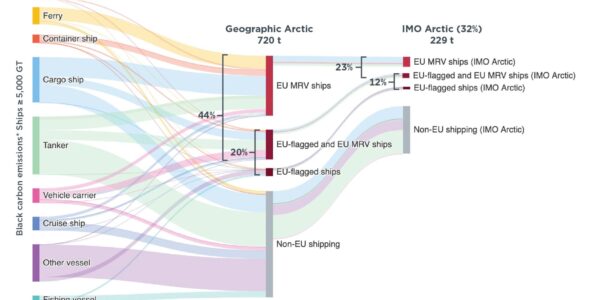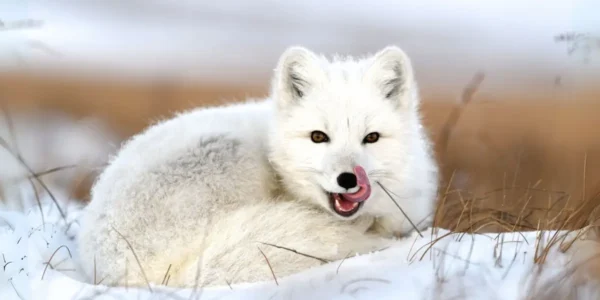Why Arctic Adaptation Must Be a COP30 Priority
Approximately 70 percent of the current infrastructure in permafrost regions is projected to be at risk from near-surface thaw by mid-century.
Arctic’s Eye-Opening Role in Europe’s Energy Shift
Over the last thirty years, the global average temperature has increased by around 0.26°C per decade.
‘Old statistics do not apply’: Record-breaking Arctic heatwave made 3C hotter by climate change
Spring heat could be an emerging threat for vulnerable people in Iceland and Inuit communities in Greenland (Arctic).
Black Carbon and CO2 Emissions from EU-Regulated Shipping in the Arctic
The Arctic region is experiencing significant environmental stress due to rapid warming, with temperatures rising 3–4 times faster than the global average.
Arctic animals evolved in different ways to beat the cold
Across the wind-swept tundras of the Arctic and the icy plateaus of Eurasia, a handful of remarkable creatures defied extinction.
Seaweed forests spreading, could change ocean chemistry in the Arctic
The study found that all of them contributed similar chemical markers to the sediment.
Why climate models miss the mark on Arctic warming – and how scientists are improving their accuracy
Most simulations overestimate the amount of ice and underestimate the amount of liquid in wintertime Arctic clouds.
No Clear Winners: New Research Shows How Arctic Plants Are Responding to Warmer World
Arctic ecosystems are changing fast — but not in predictable ways.
The “Rebound” in Arctic Sea Ice – 2025 Edition
Renowned climate scientist Roger Pielke Jr. has just published an interesting paper in the highly respected academic journal the New York Post.








